Last week was just “one of those weeks” so my moocing was limited. But I suppose that’s a benefit of a MOOC – that there’s no pressure to perform, conform or attend, hence I am a week behind the majority of active participants.
But I also think that the supposed benefit is also a potential flaw in the MOOC model. In my formal learning experiences (both face to face and online) it was very often the pressure to compete with others that ensured my success. In some ways a MOOC is too nice, friendly and uncompetitive. It’s how some people believe education should be, but for me (and many others by numbers of people who fail to compete their MOOCs) it needs to be a bit more pressured.
That’s not to say I am not enjoying the learning, but it feels just a bit too non-committal for me. So in this posting I aim to summarise my Week 1 thoughts and get some things off my chest.
WEEK ONE
Having always had a fascination with the relationship that humans build around/with technology this first week was an absolute blast for me. Whether you lean towards the Utopian and Dystopian claims there can be no denying that the relationships we build with technology shape our own thinking, learning and even define our personal relationships and personas.
My personal view leans more towards a Utopian nature, that more freedom and access to free information has come from using technology and associated networks than restrictions or control have been put in place. I also believe that the technology is “neutral” in the sense that it does not command me or my activities.
In a previous post (http://flippedacademic.co.uk/snippets/2012/9/26/education-in-2020) I suggested that it is too easy to make sweeping statements about the future, but I also think it is too easy to “label” or “categorise” learners. In particular I have always found it impossible to agree with the notion of digital natives and neo-millennial leaners. This process of “boxing” learning is at best a distraction and at worst a severe disruption.
Learning is a personal experience, as is our use of technology. And although at times many of us may indeed fit into a “stereotypical” activity that is not to say we should be labelled within a predefined theoretical model. In all my years of teaching in Higher Education I have never attempted to label my students or define their needs by the “technology decade” within which they were born because I can say with all honesty that your social-economic background is more likely to define your relationship with technology than the year you were born.
In Dahlberg’s (2004) article I was interested by the three orientations and being a practical type of guy I tried to align a particular “Internet” service or activity to it.
Uses determination: Twitter: originally started out as an internal communications system and has since evolved to become one of the largest social network systems on the planet. An example of technology shaping itself based on how people use it.
Technological determination: Twitter: originally started out as an internal communications system and has produced a new way of communicating, learning & living. The effects of its use have been and still are often unpredictable.
Social determination: Twitter: a system that is more and more being controlled by political means and impacted by economic structures including lawsuits and libel activity. where questions about ownership of thought and comment are becoming key.
Ok so the above example is a bit tongue in cheek but it highlights the limitations around social science approaches to understanding human interaction with technology, in that people and technology are not easily “boxed”. As Dahlberg also notes, “This paper contributes to this burgeoning field at a meta-methodological level by considering what is needed to achieve non-reductionist understandings of the Internet.” – in fact the field is so burgeoning that I am pretty sure it should be pretty clear that trying to define personal relationships with technology infrastructure is a bit like the Universe – infinitely expandable!
Whilst I fully admire the work in the social sciences in examine the relationships we build and recognise the valuable contributed they make to our thinking, I have always been a bit more “hands on” so for me I have always understood that both our educational and technological relationships are very personal and difficult to “box”, this creating an infinite number of digital cultures.
Oh and for those of you who are wondering how my “Nexus 7” only experience is going? Well put it like this I am typing this on my iPad – so I have extended the experience to a Tablet only #edcmooc experience. (see here for nexus challenge: http://flippedacademic.co.uk/snippets/2013/1/27/e-learning-digital-cultures-mooc)
Dahlberg, L (2004). Internet Research Tracings: Towards Non-Reductionist Methodology. Journal of Computer Mediated Communication, 9/3. http://jcmc.indiana.edu/vol9/issue3/dahlberg.html



No responses yet